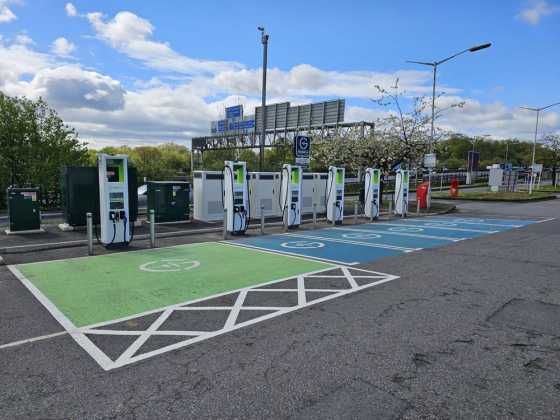Inquiry into vehicle type approval
Investigations into the Volkswagen (VW) emissions scandal has revealed VW understated CO2 emissions and overstated fuel efficiency for 800,000 vehicles, prompting the Transport Committee to examine whether vehicle type approval testing is adequate.
The two current existing systems of vehicle type approval have been employed for over 20 years. One system provides approval of whole vehicles, vehicle systems and separate components, while the second issues approval of vehicle systems and separate components but not whole vehicles.
Louise Ellman, the chair of the Transport Committee, said: “The Volkswagen scandal has raised serious concerns about whether vehicle type approval testing is fit for purpose. We heard evidence in October that the gap between emissions detected in test conditions and those detected in the real world is significant. The testing procedure is clearly inadequate.”
She added: “The EU is taking steps to move towards real world driving tests. The current proposals have been criticised for giving too much leeway to motor manufacturers. It is essential to examine these allegations and to ensure that the government and EU take action to restore public confidence.”
In a letter to Ellman, Volkswagen UK MD Paul Willis said: “It is widely recognised, both inside and outside of the industry, that the New European Driving Cycle (NEDC) testing (which is the type approval testing used in the EU) is not fit for purpose. Its deficiencies are recognised. There is no simple linear relationship that exists between data from NEDC testing and data derived from real world driving.”
The Committee is encouraging submissions considering: the effectiveness of the current arrangements for type approval; negotiations on World-wide Light-vehicle Test Procedures and Real Driving Emissions; the appropriateness of the current drive cycle and how a move to Real Driving Emissions tests will change testing; the gap between emissions detected in test and real world conditions; and comparisons with other jurisdictions (especially the US and markets in Asia).
In addition, the inquiry is set to examine: the range of metrics considered in type testing, whether the levels set represent a reasonable level of ambition and a reasonable pace of change, and the evidence base that underpins how levels have been set; the role of type approval in driving change in levels of safety, emissions, and performance; and the appropriateness of the overall principles that determine the approach being taken on type approval.



